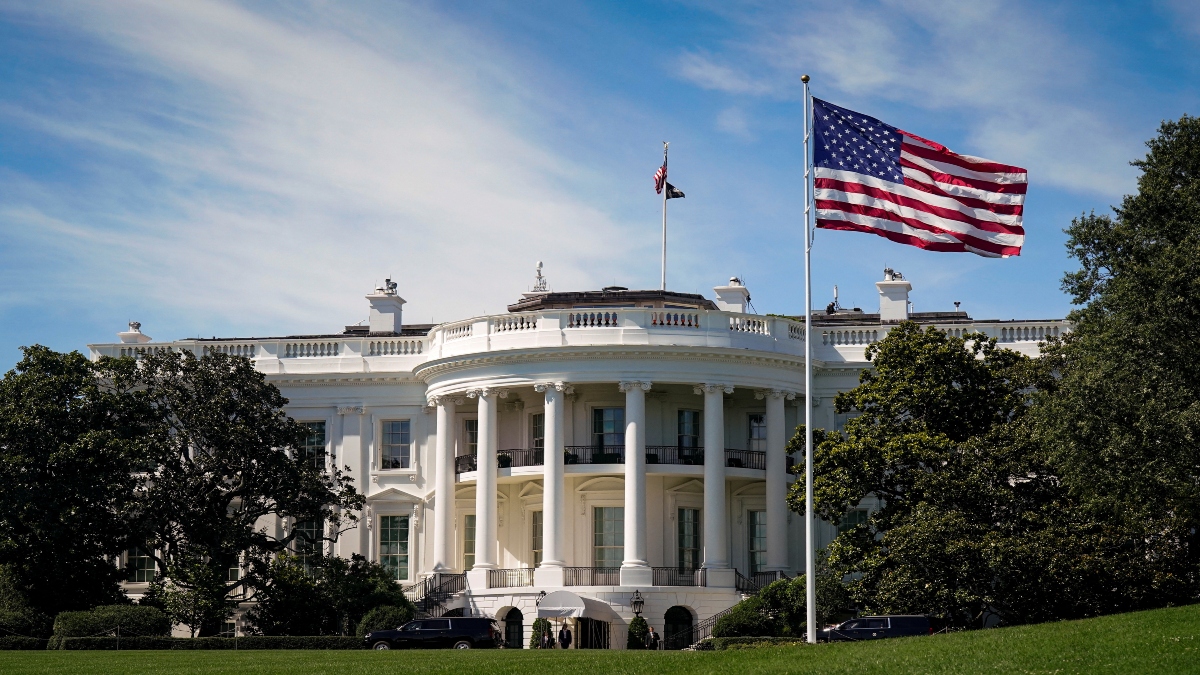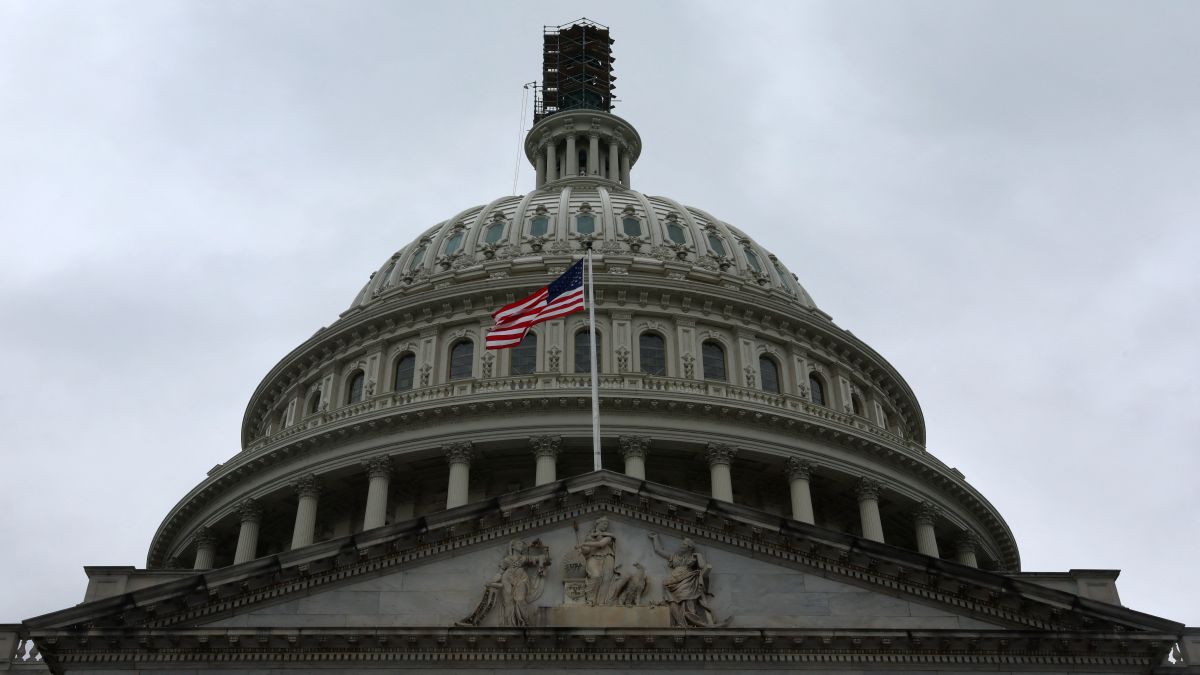The Trump administration on Friday began laying off federal employees, marking a significant escalation on the 10th day of the ongoing US government shutdown.
Announcing the move in a post on X, Russell Vought, the head of the White House Office of Management and Budget (OMB), said, “The RIFs have begun,” using the acronym for “Reductions in Force.”
According to CNBC news, shortly after the post, the Office of Management and Budget (OMB) confirmed the layoffs, stating that “RIFs have begun and are substantial.”
The administration has not yet released further details on the scale, scope, or affected departments involved in the layoffs.
The decision to begin federal layoffs comes just four days after National Economic Council Director Kevin Hassett warned that President Donald Trump could “start taking sharp measures” if Congress failed to pass a stopgap funding bill to end the government shutdown.
In an interview with CNBC earlier this week, Hassett placed blame on Democrats for the escalating situation, saying, _“_Any government worker who loses their job will have Democrats to blame for their layoff.”
While furloughs are common during government shutdowns, permanent layoffs, known as Reductions in Force (RIFs), are highly unusual. The move marks a significant departure from standard shutdown procedures.
In response to the announcement, the American Federation of Government Employees, a major union representing federal workers, responded swiftly to OMB Director Russell Vought’s post, stating on X: “The lawsuit has been filed.”
Impact Shorts
More Shorts“America’s unions will see you in court,” the AFL-CIO said in its own tweet.
Since the shutdown began last week, Vought has used social media to announce the Trump administration’s moves to freeze and cut billions in federal funding for Democratic-led states and cities.
The administration and congressional Republicans have blamed Democrats for the shutdown and its fallout, accusing them of obstructing a stopgap funding bill.
Democratic senators have refused to back the Republican plan, demanding that any deal include an extension of enhanced Affordable Care Act tax credits, which help millions afford Obamacare health plans through federal marketplaces.
With inputs from agencies


)

)
)
)
)
)
)
)
)



